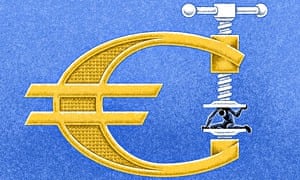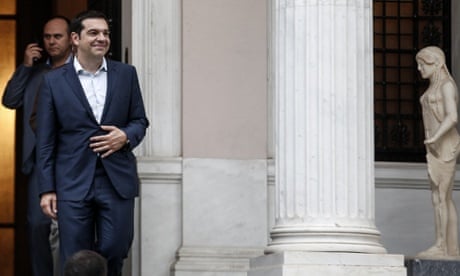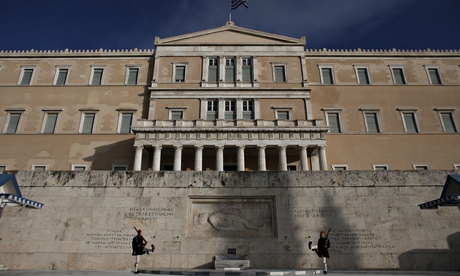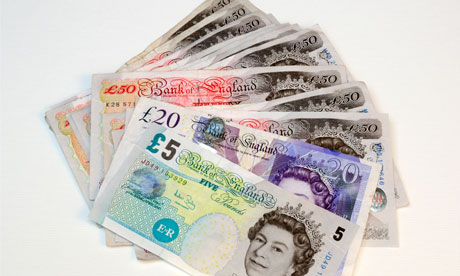Explain the factors that might cause a country’s exchange rate to depreciate.
Exchange rate systems can be broadly classified into two categories: fixed exchange rate systems and floating exchange rate systems.
Fixed Exchange Rate Systems: In a fixed exchange rate system, the value of a country's currency is pegged to another currency or a basket of currencies. The exchange rate is kept relatively stable through the intervention of the central bank. Examples include currency boards and currency unions like the Eurozone.
Floating Exchange Rate Systems: In a floating exchange rate system, the value of a country's currency is determined by market forces of supply and demand. The exchange rate fluctuates freely based on various factors, including economic conditions, interest rates, trade balances, and investor sentiment. Most major economies, including the United States and Japan, operate under a floating exchange rate system.
A reduction in the value of a currency in the Fixed Rate System is called Devaluation while Depreciation happens in a Floating Exchange System. Now, let's explore the factors that can cause a country's exchange rate to depreciate:
Interest Rate Differentials: Higher interest rates in one country compared to others can attract foreign investors seeking better returns. This increased demand for the country's currency can drive its value up. Conversely, lower interest rates can make the currency less attractive, leading to depreciation.
Inflation Rates: High inflation erodes the purchasing power of a currency, making it less desirable. Countries experiencing higher inflation rates relative to their trading partners may see a depreciation in their exchange rate.
Current Account Deficits: A current account deficit occurs when a country imports more goods and services than it exports. This results in a net outflow of the country's currency, increasing its supply in the foreign exchange market. The increased supply can lead to a depreciation of the currency.
Political and Economic Stability: Uncertainty surrounding a country's political or economic stability can negatively impact investor confidence. Investors may sell off the country's currency, leading to a depreciation. Factors such as political unrest, policy uncertainty, or economic crises can contribute to a decline in the exchange rate.
Speculation: Speculative trading activities in the foreign exchange market can influence exchange rates. Traders may speculate on the future value of a currency based on economic indicators, news, or market sentiment. If speculation suggests that a currency will depreciate, it can trigger selling pressure and lead to an actual depreciation.
It is important to note that exchange rates are influenced by a complex interplay of various factors, and their movements can be volatile and unpredictable. Additionally, government interventions, such as central bank actions or currency market interventions, can also impact exchange rates in the short term.
Overall, the factors discussed above, along with other economic and market forces, can cause a country's exchange rate to depreciate in a floating exchange rate system. However, in a fixed exchange rate system, the exchange rate is generally maintained at a stable level through central bank interventions, which aim to prevent significant fluctuations in the value of the currency.













